Daniel had a serious accident over 10 years ago and was paralysed down his right side. Here, Daniel shares how exercise improved his physical and mental health, and helped him on his recovery journey.
I was determined to get back functioning and active again. I went to physiotherapy. They used to come and get me to go to my appointments. I was ashamed of people seeing me the way I was. People made fun of me.
Eventually, I started doing exercises in the house and I kept on doing them every day. I did butterflies and half butterflies, shadow boxing and knee bends. I did 20 repetitions each, twice a day. This helped with my counting as well.
I started feeling a bit of a difference, could see I was getting stronger.
During this time I was also in recovery from addiction and dealing with lots of personal issues but I kept exercising all the way through. Over time, I was able to use a mobility scooter to get back out and about.
Eventually, after Covid, and when I started with Future Pathways, I also started going to the local Recovery Cafe. We were all talking about the nervous system and how exercise is good for improving it. From there I thought I would give swimming a try.

Then, some friends encouraged me to do a round of golf. I’m now able to hit every single ball. There’s been people encouraging me and I really appreciate that when I look back. I try to encourage other people in recovery to go swimming and to take up golf and other exercise because of how it’s helped me.
I enjoyed doing all of these things but I also wanted to be able to do something on my own. I wanted to go out when I felt like it to exercise and not be dependent on recovery groups, or other groups or other people.
I wanted to have the freedom to exercise like everybody else.
I’d starting thinking about cycling when I got my mobility scooter. Once I felt stronger I bought a bike but I kept falling off because of my balance. I talked to my Support Coordinator at Future Pathways about options for cycling and we thought about a trike/recumbent bike. This is a bike with three wheels that you lean back on instead of sitting upright.
We went through to Edinburgh to try some out… I thought to myself, “this is it, this is what I want, this is what I’d like to do”. It made me feel good, gave me a sense of freedom and enjoyment.


The day I got the bike, I cycled back to the train station on it and my Support Coordinator walked alongside me. I was a bit anxious getting it on to the train. I couldn’t believe it. I really couldn’t believe it. Things like that don’t happen to people like us. Anything good, people usually take it away from you.
On my street on that day, people from my local town were giving me encouragement, smiling and laughing with me. That was different – laughing with me and not at me. People were happy for me. People have told me I’m a miracle. I’ve walked from Bathgate to Whitburn – that’s because of building up my strength on the bike. I want to keep building up my walking too.
The bike has been a godsend. I’ve done over 200 miles on it now. I’ve been to Bathgate and back. Whitburn, Blackburn, Bathgate, Armadale and back to Whitburn. I’ve also been to Harthill from Whitburn, up to Fauldhouse, Longridge and back to Whitburn. When I’m out I see people smile and cars going by give me a wee toot.
It’s not just made a difference, it’s made a life-changing difference.
My physicality is developing, my confidence has grown and I’m hoping it will grow more. I find it hard to talk to people. I’m practicing this and sometimes the bike helps with having something to talk about when I’m out.
I think it helps with different things and it’s given me ideas for doing more. I’d like to do a Glasgow or Edinburgh cycle to raise money for a parachute jump. It’s got me thinking of what else I can do. I want to get other people into recovery. Maybe even volunteering one day.
I’m looking for contentment and to be stress-free. I’ve been in trouble all my life. The bike puts a smile on everybody’s face – that makes me feel a bit happier as well.
This article is a shorter description of Daniel’s experience. You can read more about his journey in the full article at www.future-pathways.co.uk/daniels-experience
Rikki shares his experience of opening up.
On a Tuesday morning in June, I was visiting Carlisle Cumberland University Hospital to have a blood pressure monitor fitted. As I sat waiting for the ambulance staff to come and take me to the cardio-respiratory investigations, Chris saw me and made the sign of ‘it’s OK to talk’.
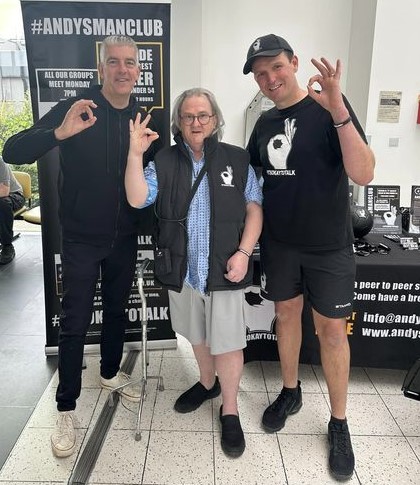
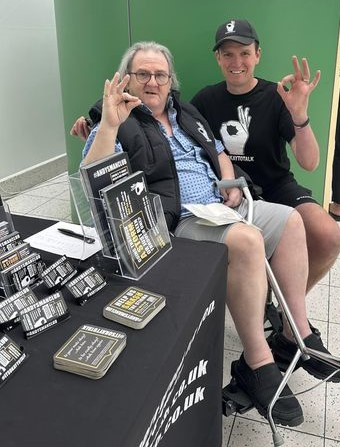
Chris is from Andy’s Man Club. They are a charity that offers support groups. The groups help men with their mental health through the power of conversation. I’ve been attending their online meetings every Monday since leaving hospital at the end of March. Having a stroke made me angry and frustrated. What’s my life going to be like now? Assisted to walk, dress and even to wash, with nursing staff coming to my house twice a day.
Of course I had dark thoughts going through my head.
I have had tougher times in my life. I could still talk and walk and decided to find out more about Andy’s Man Club. I thought I would give it a try and see if I could take a leap into understanding my anger.
I set up my computer and joined a 2-hour Zoom call with 14 other men, opening up to one another. There were lumps-in-my-throat moments. I was only thinking ‘what had I done to deserve what had happened to me?’ I felt so embarrassed and scared, but I spoke with a dry throat and a twisted mouth and no teeth. And I just let everything out.
Yes, it was the taste of my hot tears that flowed down my crooked cheeks. And then I began to embrace being listened to and not feeling lonely. There were so many thumbs up and applause hands. I knew that I could get through what the world was going to throw at me.
It is 6 months since my stroke and I take everything that life throws at me and smile, and that little voice in my head says, ‘You’ve got this Rikki.’
Andy’s Man Club offers free peer-to-peer support groups for men across the United Kingdom. Groups are both face-to-face and online. They aim to end stigma about men’s mental health through confidential, judgement-free spaces where men can open up. Find out more at www.andysmanclub.co.uk
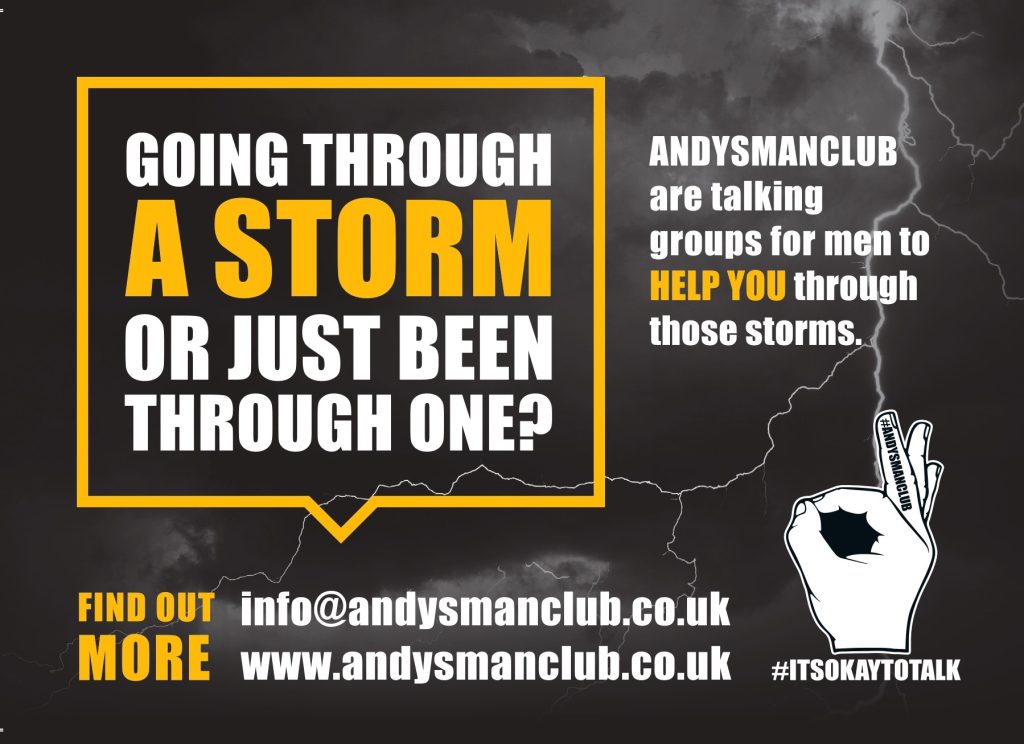
We want to hear your feedback about Future Pathways.
Hearing feedback from people registered with us and services we work with is very important to us. In our most recent impact report, Pathways to Change, we took a closer look at the feedback we received over the last year. You can read the Pathways to Change report here.
Looking at people’s feedback for this report helped us measure our progress by considering key questions such as:
- How do people feel when they engage with us?
- What do people learn and gain when they engage with us?
- What do people do differently?
- What difference does this make?
This helped us to reflect on what works about our support and to see how we could improve. We learned that our approach to support can make an impact. For example, many people shared that they feel safe and able to trust Future Pathways. We also learned that we could do more to hear from the people who are on our waitlist.
In Pathways to Change, we also looked at the feedback we received from our Delivery Partners. This helped us think about how we work with Delivery Partners. For example, through working with us, many Delivery Partners learn about the challenges and needs of people registered with Future Pathways.
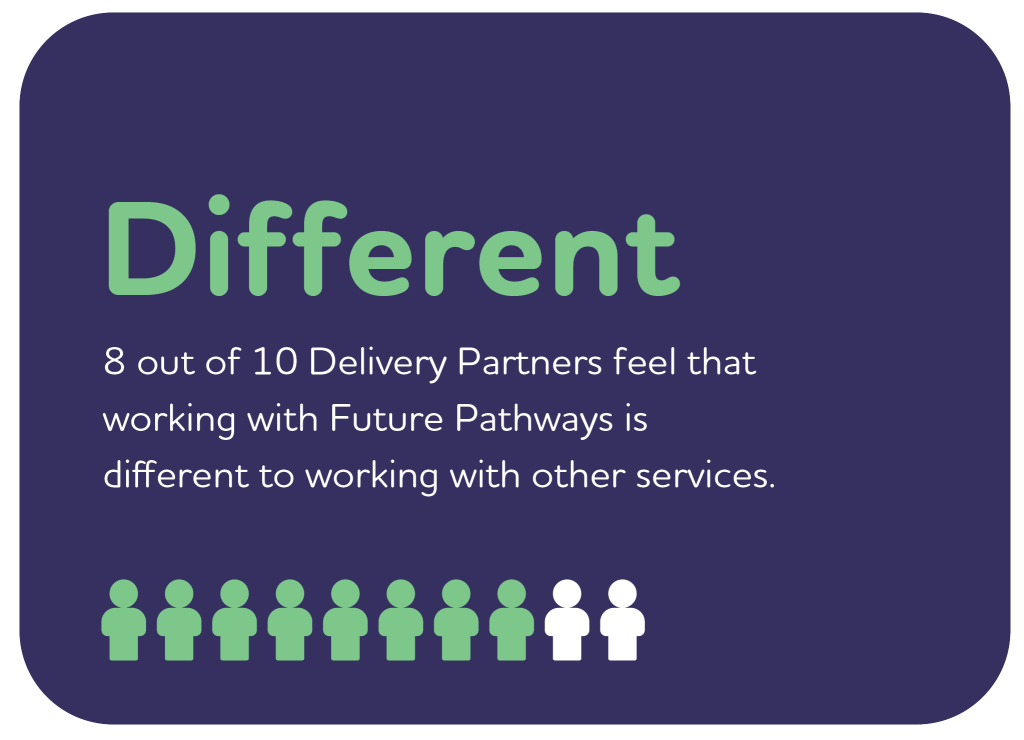
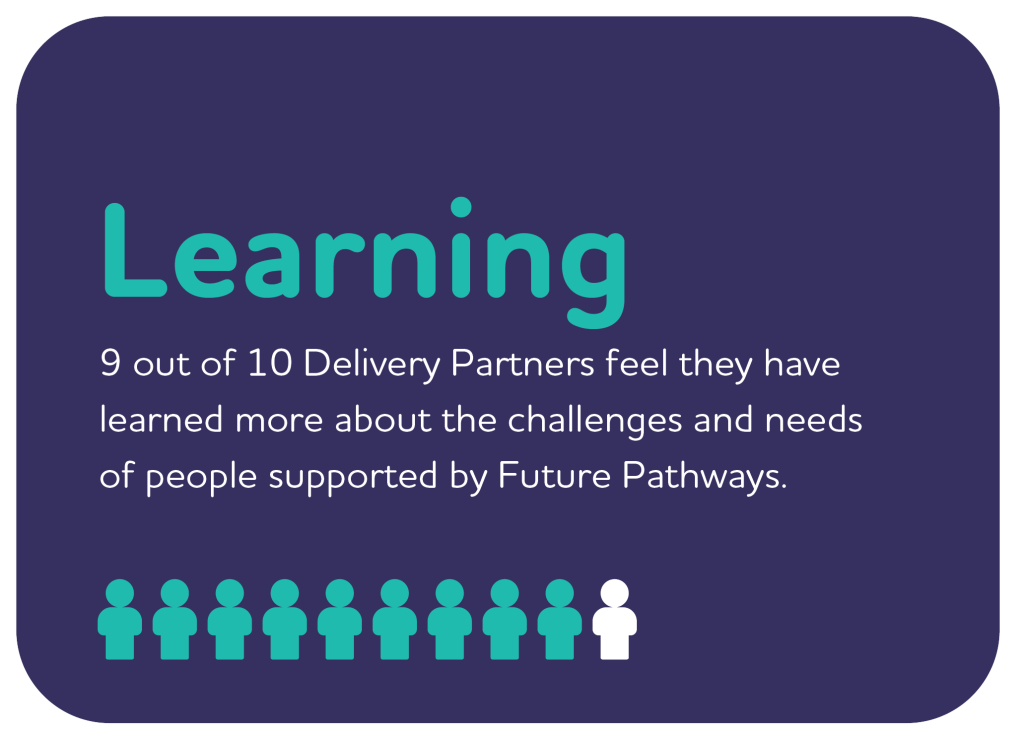
There are many ways you can give us feedback.
Delivery Partner questionnaire
If you are one of our Delivery Partners, you can give us feedback through our Delivery Partner questionnaire. This is for service providers that we commission support from. We are particularly interested to hear about what has changed for you since you started working with Future Pathways. And about what you think about our new approach to commissioning.
You can take part in the questionnaire here.
The questionnaire is open until Monday 4 November 2024.
Online feedback form
We also have an online feedback form for anyone who wants to give us feedback. The form is open to:
- People registered with us who are waiting for support
- People who are accessing our support
- People who are no longer accessing our support
- Existing services (such as third sector and statutory services or professionals)
- People who want to give feedback on behalf of someone registered with us
You can access the online feedback form here.
We want to thank everyone who has given us feedback so far. It has helped us learn more about our approach and the difference we make. And it is helping us to improve our service over time.
David first heard about Future Pathways from a friend. To begin with, David was not sure he wanted to access support because he did not want to bring anything up from his past, and he had been dealing with the impact of his past experiences without support for a long time. David sometimes felt that he did not deserve the support as much as other people. But Steven, his Support Coordinator, reassured him that Future Pathways was for him too.
When David started working with Future Pathways, Steven helped him access counselling. Even though David had friends he could speak to, he had never spoken about some of the abuse he had been through.
“Talking to the counsellor opened everything up. We spoke for ages. I talked about the abuse and how I was feeling for the first time.”
This helped David to talk about the abuse he went through to other people as well. This meant he could give his statement to the Scottish Child Abuse Inquiry. And having a counsellor to talk to helped David through the process of applying to the Redress Scheme.
“Counselling didn’t make a deeper difference to how I feel inside, but now I can talk about it. I could give my statement to the Inquiry and talk about the abuse.”
David feels he has learned more about himself and how his past impacts him with Future Pathways’ support.
“The biggest difference is that I know more about myself now. I know more about how things affect me. The counsellor explained that I go into fight or flight mode, and this might be why I find some situations, like being in groups of people difficult. So, I have found different ways of coping, like going out on my bike with the dog.”
David loves to get out into the countryside with his dog, so Future Pathways supported David to purchase a mountain bike. This meant he could get out into the hills with his dog for hours at time. Future Pathways helped David continue to get out on the bike after he went through a difficult time. David became unwell and this affected his lungs. Then his bicycle was stolen in a burglary. Future Pathways supported David to buy an e-bike so that he could continue getting out with his dog.
“It has made the world of difference.”
Vicky first heard about Future Pathways from Wellbeing Scotland, where she has accessed support since 2016. Vicky has been working with a Support Coordinator called Elaine since the beginning of her journey with Future Pathways.
It took time to build up trust with Future Pathways because Vicky had many experiences of being let down by services in the past.
“It took about six months for me to start trusting that Future Pathways would do what they said they would do. I was used to feeling dismissed by services, but I started to see that things were actually happening. A social work assessment was put in place. I could see that it wasn’t just words.”
Since accessing support at Future Pathways, Vicky has faced many challenges in her life. She has had issues with damp in her home, and she has been seeking justice through the court system. This has been a long, difficult process. She has also faced many physical and mental health challenges.
These experiences took a toll on Vicky, and she felt she wasn’t accessing the support she needed from other services. Through it all, Vicky feels that Future Pathways and Wellbeing Scotland together have encouraged her to keep going.
“I really mean it. I wouldn’t be alive today without Future Pathways and Wellbeing Scotland. They [Future Pathways and Wellbeing Scotland] believed in me and that helped me believe in myself.”
With Elaine’s help, social work support was put in place for Vicky. This led to a positive change in Vicky’s housing situation. Future Pathways helped with purchasing furniture and other items so Vicky could settle into her new accommodation.
“Getting social work in place was so valuable to me. Before, I was trapped in a damp house, and I was made homeless. I had to live in my car during the Covid-19 pandemic to protect myself from further damage to my health that the mould was inflicting on me. And when I moved, I had nothing until Future Pathways helped.”
Even though Elaine was off when Vicky moved, Future Pathways acted quickly and made sure Vicky’s needs were met.
“My needs were treated like they were important.”
Previously, Vicky had tried to access social work support, but it had not worked out. Vicky believes that having Elaine there to advocate for her helped Vicky access the right support for her.
“I believe she advocated for me and that is what made the difference, having an organisation behind me. Before, I felt like services didn’t listen to me, but when Future Pathways got involved, there was a multi-agency meeting about my support.”
Vicky feels that accessing the right support for her has helped her improve both her physical and mental health, now having a care package in place.
“Previously I felt like I couldn’t get anywhere when I was struggling with my mental health. I couldn’t get the support I needed from crisis services. I was triggered by a lot of things, and I felt I deserved the hard things that were happening. But now, I am definitely in a better place.”
Vicky also accessed one-to-one drama tuition to help build confidence and self-esteem. This has helped Vicky to recognise her strengths, grow in confidence, and tap into the support around her when she needs.
“Now I challenge things myself more. For example, if I have housing issues, I stand up for myself, knowing I have back up from Future Pathways and Wellbeing Scotland. I used to let things get to breaking point. Now I ask for support when I need it because I have built up a lot of trust and support around me.”
The support has made a big difference to Vicky’s mental health and hope for the future.
“I have gone from feeling worthless all my life and feeling suicidal every other week to now having the proper support of Future Pathways and Wellbeing Scotland. I now have more positivity.”
Vicky feels strongly that anyone who experienced in-care abuse in Scotland should be able to access the support that she has had. To share more about how support has made a difference to her, Vicky helped create a video called “Finding Vicky” all about her experiences.
“Because of support, I have been able to survive. Not only have I survived, having the counselling support from Wellbeing Scotland and support from Future Pathways, and with the organisations and the people delivering these services believing in me, it has given me the strength and feeling of worth that has helped me deal with the biggest battle of my life, fighting cancer. I know I would not have done this if I still had those feelings of worthlessness. I want others to access that support too.”
Pauline shares her experience of using her voice to improve services, support herself and help others.
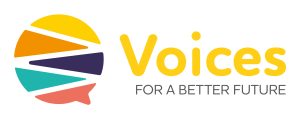
Voices for a Better Future
Pauline is part of Voices for a Better Future. The members of this group have been supported by Future Pathways. They are a lived experience group.
The group offers guidance and advice to Future Pathways. They make sure that the service always considers the views of the people we support. Three of the members of Voices for a Better Future are also on the Alliance Leadership Team, which runs Future Pathways.
“I am part of Voices for a Better Future and the Alliance Leadership Team. I believe that any person should have the right to raise an issue with Future Pathways that they are concerned about. Maybe you don’t feel you can raise it or don’t know where to go. But the people on the Leadership Team do care. We want to do the right thing. I got involved because I wanted to know more, to try to help influence policy and to help to get the ball rolling.”
Volunteering
Pauline also uses her time to support children and young people who are carers. This started in lockdown.
“I got my qualifications during lockdown for working with kids who were young carers. These kids needed a rest during lockdown and I thought if I could give them a voice, I would, and I did. They were amazing kids with amazing ideas. I got thank you cards from lots of people because of the work I’ve done. I don’t always realise it myself. Sometimes if you can’t do something for yourself, doing something for someone else is enough and that can help you too.”
Connection
“I’ve moved in to disabled accommodation now. It was a horrible thing to happen but it is a lovely house and I got a lot of support from a woman from a third sector service. I was connected to her by Future Pathways. What a journey we have been on!”
“Future Pathways also supported me to get a computer and I worked with a wonderful Support Coordinator. I got my computer set up and got myself online. All these things I’ve been doing have come out since I joined with Future Pathways. Having a computer means I have that lifeline, that link – I can take part in things. I’ve been given the chance to give back a little bit and help other people. And it’ll keep going. And we can only make it better.”
Who Cares? Scotland
Who Cares? Scotland is Scotland’s only national independent membership organisation for Care Experienced people. They campaign for the rights of Care Experienced people.
“I’ve been involved with Who Cares? Scotland since I was 14 and I’m now in my 50s. When I was young, I joined and went along because you got free juice and crisps. Then it became about the people, then it became about what the people were trying to do. It does make me cry with pride when I see how well Who Cares Scotland is doing since I’d been that little kid.
“I know things have improved since my generation and things are different now. But there is still stigma, problems, fragmentation, the feeling of not fitting in and lack of connection. It’s important to keep improving services for care experienced people – that is my view and in my heart of hearts, and what keeps me ticking along.”
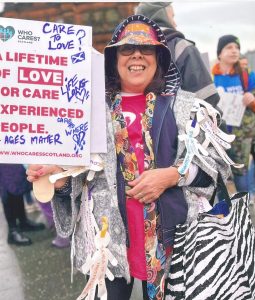
Applying to Scotland’s Redress Scheme
“I gave it a lot of consideration. It wasn’t about the money. It was about feeling validated,
listened to, heard. Yes, we are ‘victims’ – I know a lot of people don’t like that word. But when I was that child, I was a victim. Now I might be called a ‘survivor’. It was very difficult to apply to
redress. And a lot of people don’t know that they are entitled to it, or they know but don’t want to interact. When you’ve been conditioned not to have a voice, it’s difficult to think you do.”
Writing
“During the redress process, I wrote a book for myself which was a therapeutic journey. And thanks to Future Pathways, it can now go to print. I love my writing. I did a peer-to-peer writing group and ended up facilitating it for three months. I write my way out of trouble and that’s how I’ve always done it. The thing about writing – the beauty of it – is it can be anything you want it to be. It allows you the space to think. You can think about what you’ve written and why you’re writing it.”
The recovery journey
“It’s important to know that recovery can be slow, and happens only when you’re ready and when you want to engage. Getting support means you can get the tools to help you. But it’s up to you to make good use of them. Everyone has a toolbox and needs to keep adding to it. Throughout this, remember your achievements. And finally, what else has helped me is music. I would suggest listening to ‘The Climb’ by Miley Cyrus, ‘This Is Me’ by Keala Settle and ‘Ten’ by Nathan Dawe.”
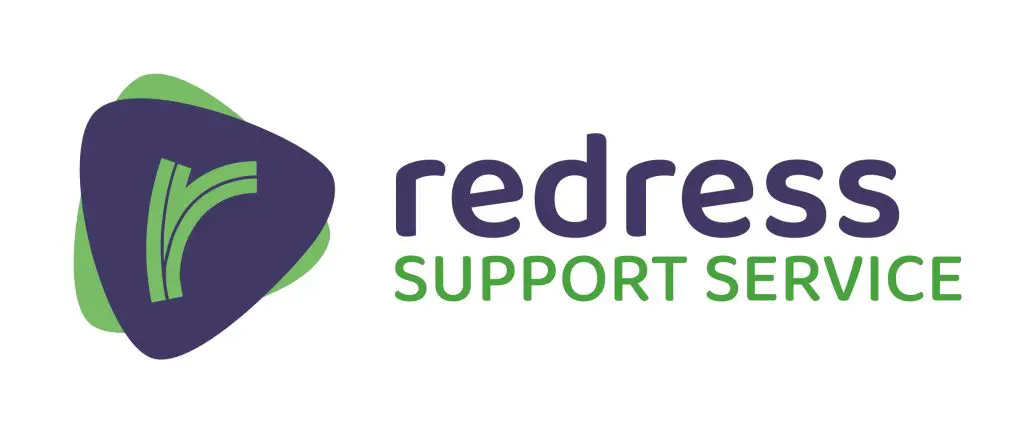
If you are applying to the Scottish Government’s Redress Scheme, or if you are thinking about applying, the Redress Support Service is there for you. The service offers support to people on their redress journey. Find out more at www.redress-support.scot
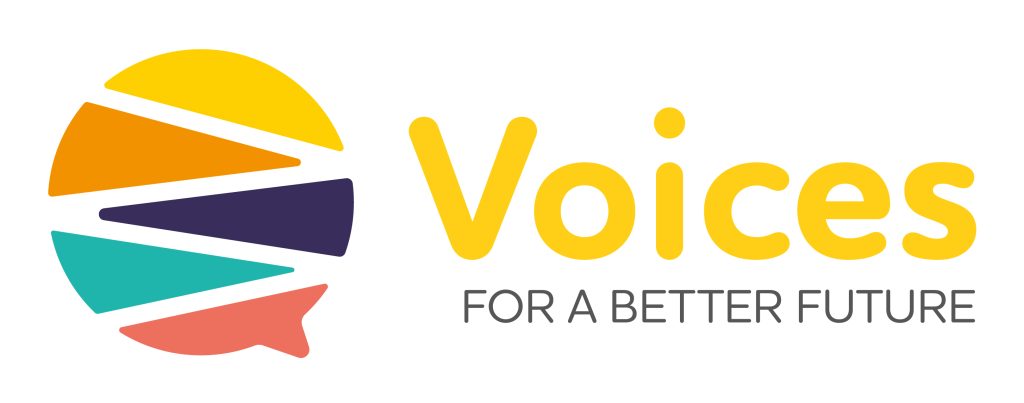
Future Pathways’ lived experience voice group is a safe space where members can offer guidance and advice to the Alliance Leadership Team and influence aspects of the design and delivery of Future Pathways. Find out more about the group and their work at www.future-pathways.co.uk/who-we-are/voices-for-a-better-future
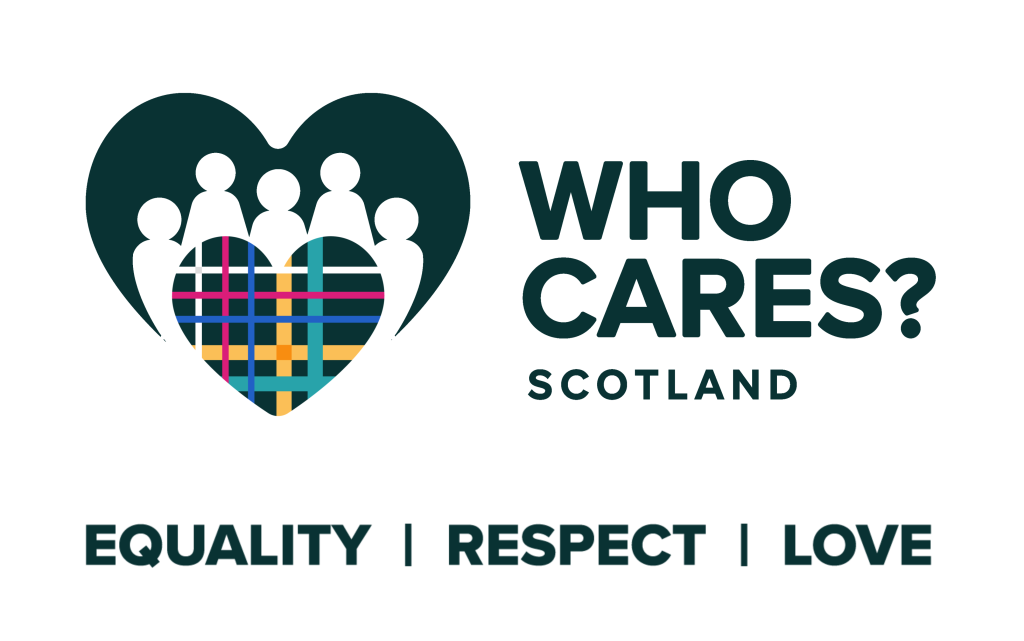
Who Cares? Scotland is Scotland’s only national independent membership organisation for Care Experienced people. Their strategic vision is to secure a lifetime of equality, respect and love for Care Experienced people in Scotland. At the heart of their work are the rights of Care Experienced people and the power their voices have to bring about change. Find out more at: www.whocaresscotland.org
We are pleased to share Pathways to Change, our latest impact report. Here, we take an in-depth look at the work of Future Pathways from April 2023 to March 2024. This report helps us to gain a deeper insight into how we make a real difference, and where there is scope for improvement.
You will hear a range of voices throughout this report, including insights from people we support, feedback from Delivery Partners and reflections from our Support Coordinators. Future Pathways is shaped by the voices of the people who interact with our service – their contribution is crucial to developing and improving our work.
In tandem to these insights, our quantitative data helps us to build a clearer picture of how we work, our sphere of influence with other services and information about who we support.
For example, we are learning more about the inequalities that people experience: our data shows that people registered with Future Pathways are more likely than the general population to live in areas of multiple deprivation, have a disability or health condition and experience challenging life circumstances such as homelessness.
However, we also see that the right support has the potential to help address inequalities. People can overcome barriers and take steps towards meaningful change in their lives. This is particularly significant in the context of the inequalities that can be faced by people with lived experience.
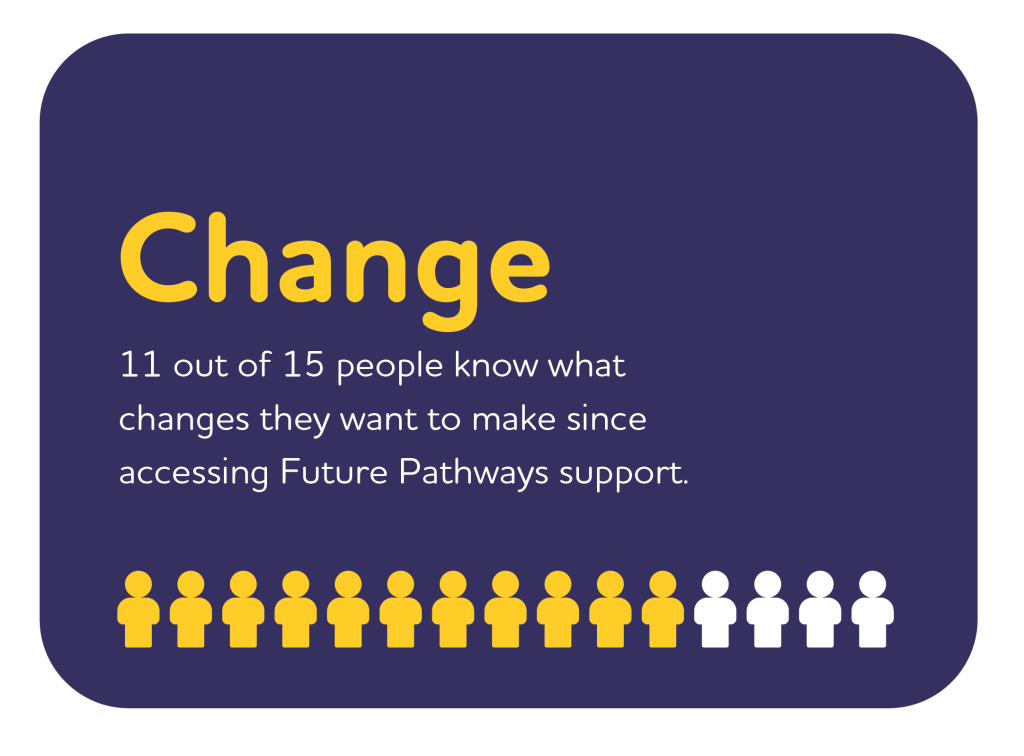
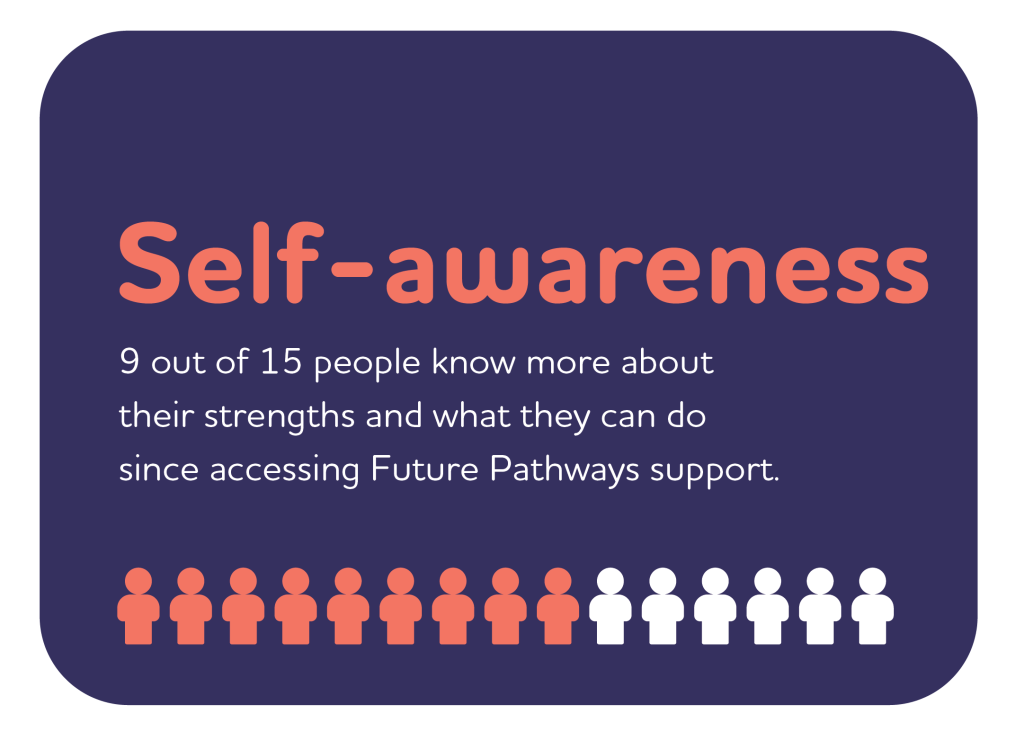
We recognise that support can and should adapt and evolve according to people’s own journey. Our service model’s in-built flexibility allows support – and its accompanying impact – to evolve over the course of someone’s journey with Future Pathways. As such, we find that everyone’s experience at Future Pathways is unique to them too. While there may be common themes, the impact is different for everyone as each person is supported to find their own pathway to change.
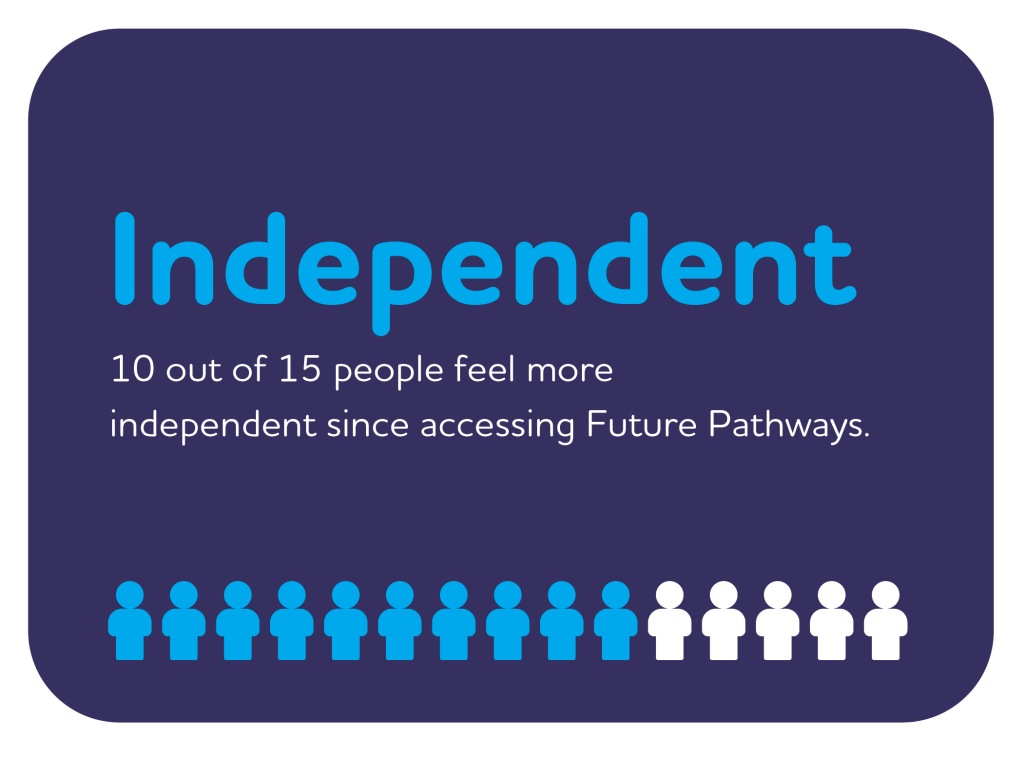
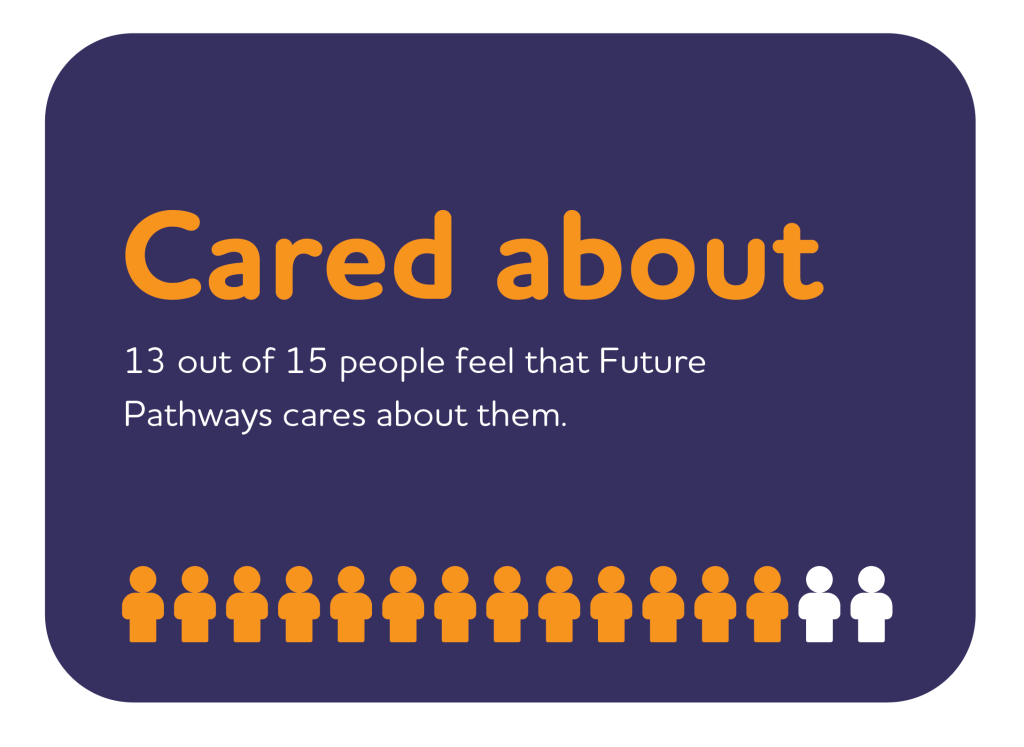
Our impact report highlights how our approach can enhance support. By providing wide-ranging support that is tailored to each person’s circumstances, we are better able to offer support that is right for each person. In addition, we recognise that having choice and feeling empowered is a vital part of the journey – it can lead to increased sense of self-efficacy, independence and feelings of ownership over one’s own life.
Throughout this report, we see that a relational approach is essential. By prioritising relationships and taking a trauma informed approach, we create partnerships that feel safe and trusting in which people feel cared about, understood and valued.
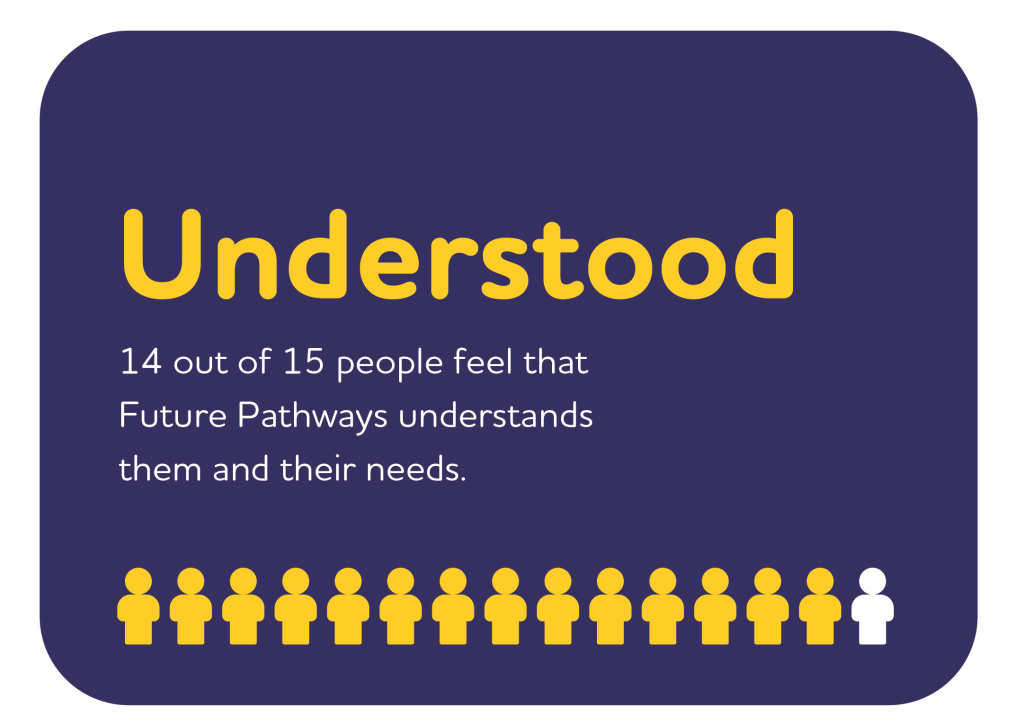
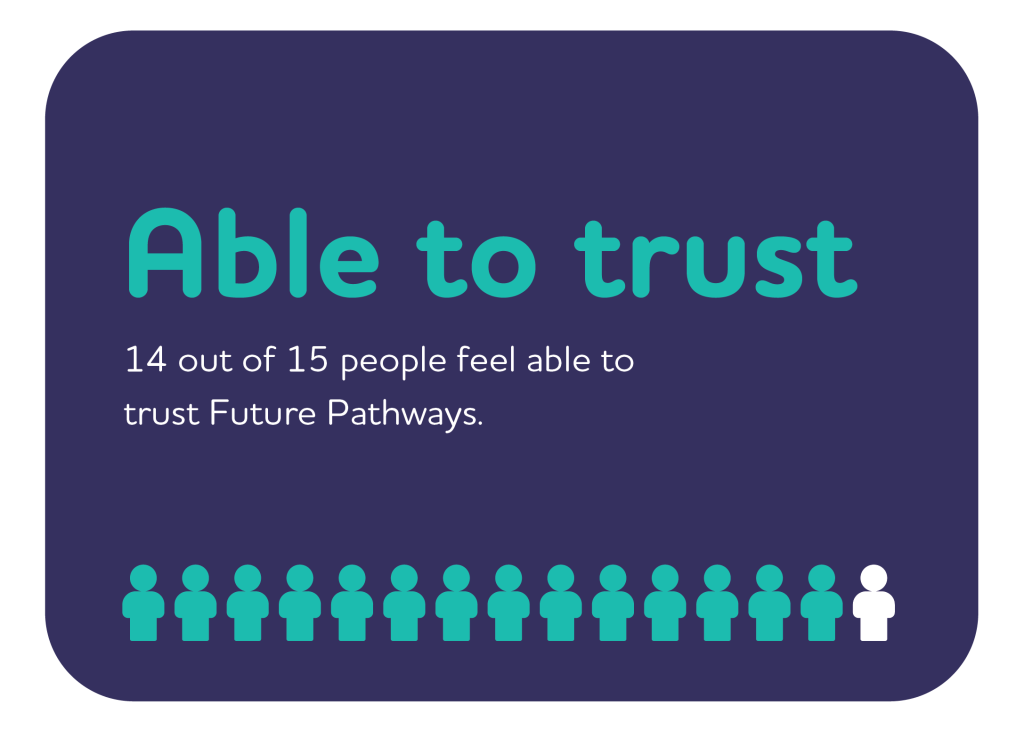
This approach extends to everyone we work with: people we support, our staff, our Delivery Partners and providers, and the wider sector. Indeed, a relational approach can itself enhance support. Our collaborative work with Delivery Partners and existing services can encourage others to adapt their approach and respond flexibly to people’s needs, ensuring people can access the support that is right for them and which they have a right to access.
We look forward to the next steps of our learning journey. Data-driven improvement gives us an opportunity to see how we can continue to make a difference, map our influence and, crucially, further improve the support we provide.
“Future Pathways has been committed to learning about our impact since we launched in 2016. Like our service, our evaluation has evolved over time. Throughout this journey, we have reflected continuously on our changing context, gradually refined our evaluation approach, and made improvements based on what we have learned from people registered with us. This iterative process has helped us develop a fuller, more nuanced understanding of our support and the difference we make. We hope that our learning continues to contribute towards the vision of the Alliance, that people registered with us can lead full, healthy and independent lives.”
Louise Hall, Impact and Evaluation Lead, Future Pathways
“Providing this feedback is helpful to me in allowing me to see the progress and I hope it helps Future Pathways to further continue the amazing work it does. Thanks for taking the time you have and dealing with my story in confidence and with empathy.”
Person supported by Future Pathways
“This report shows the value of taking time to build a relationship with a person and across services, and how this can enable life to feel more purposeful. This is particularly significant given the multiple inequalities that can be experienced by people registered with us. We are committed to sharing our learning more widely as we make meaningful changes in our own support and seek to capture when other services do the same.”
Flora Henderson, Alliance Manager, In Care Survivors Alliance
Daniel shares how exercise improved his physical and mental health, and helped him on his recovery journey.
I had a serious accident over 10 years ago and was paralysed down my right side. I was determined to get back functioning and active again. I went to physiotherapy. They used to come and get me to go to my appointments. I was ashamed of people seeing me the way I was. People made fun of me.
Eventually, I started doing exercises in the house after going to physio. I kept on doing my exercises every day. Butterflies and half butterflies. Shadow boxing. Knee bends. Building up all of them to twenty repetitions each, twice a day. This helped with my counting as well.
I started feeling a bit of a difference, could see I was getting stronger.
My partner bought me two TENS whole body vibration machines. Big things they were and she carried them all the way up the street on her own! What a change in me after I’d been using them for a while. The vibrations helped with my balance – and with my anxiety. There’s different things that’ve helped me along the way.
During this time I was also in recovery from addiction and dealing with lots of personal issues but I kept exercising all the way through it. Over time, I was able to use a mobility scooter to get back out and about. Then I got a dog and that kept me going too.
Eventually, after Covid, and when I started with Future Pathways, I also started going to the local Recovery Cafe. We were all talking about the nervous system and how exercise is good for improving it. From there I thought I would give swimming a try. Swimming started it all.
Some friends started encouraging me to do a round of golf – I’m now able to hit every single ball when at first the club used to go flying and my pals had to go and get it back for me! There’s been people encouraging me and I really appreciate that when I look back.
I try to encourage other people in recovery to go swimming and to take up golf and other exercise because of how it’s helped me.
I enjoyed doing all of these things but I also wanted to be able to do something on my own. I wanted to go out when I felt like it to exercise and not be dependent on recovery groups, or other groups or other people; just to have the freedom to exercise like everybody else. I’d starting thinking about cycling when I got my mobility scooter. Once I felt stronger, I bought a bike but I kept falling off because of my balance. I tried to get stabilisers put on my bike too. I wanted freedom and fresh air.
I talked to my worker at Future Pathways about options for cycling and we thought about a trike/recumbent bike. We went through to Edinburgh to try some out. The boy in the shop ran along the street beside me when I had a go. I thought to myself, this is it, this is what I want, this is what I’d like to do.
It made me feel good, gave me a sense of freedom and enjoyment.
After that we had to do the funding application. I was dead worried I wouldn’t get it – I just felt like things like this doesn’t happen to people like us, people down in the dumps all the time and thinking about the worst things happening; not thinking anything good can happen in your life.
Then, when I realised I was getting it, I didn’t know if I was excited or worried! I was thinking about the security. What if I leave it somewhere? But I realise now I can take the battery out it. The computer out of it. And the shop guy gave me a good security lock for free too.
The day I got the bike, I cycled back to the train station on it and my worker walked alongside me. I was a bit anxious getting it on to the train. I couldn’t believe it. I really couldn’t believe it. Things like that don’t happen to people like us. Anything good, people usually take it away from you.
On my street on that day, people from my local town were giving me encouragement, smiling and laughing with me. That was different – laughing with me and not at me. People were happy for me.
People have told me I’m a miracle. I’ve walked from Bathgate to Whitburn – that’s because of building up my strength on the bike. I want to keep building up my walking too.
The bike has been a godsend. I’ve done over 200 miles on it now. I’ve been to Bathgate and back. Whitburn, Blackburn, Bathgate, Armadale and back to Whitburn. I’ve also been to Harthill from Whitburn, up to Fauldhouse, Longridge and back to Whitburn. When I’m out I see people smile and cars going by give me a wee toot.
Physically, it’s amazing. When you’re sitting on it, it feels so much easier because of your balance being sorted by sitting down. You’re not on a two wheeler. It’s not just made a difference, it’s made a life changing difference. My physicality is developing, my confidence has grown and I’m hoping it will grow more.
I find it hard to talk to people. I’m practicing this and sometimes the bike helps with having something to talk about when I’m out.
I think it helps with different things. I’m getting buses myself – I wasn’t able to do that alone before. I went to see Rangers again. I think that was partly because of the bike too. The bike helps my mobility and feeling more confident in my mobility and physicality. And fresh air – it’s a better tablet than anything off the doctor. You’ll never get a better tablet than that.
It’s given me ideas for doing more. I’d like to do a Glasgow or Edinburgh cycle to raise money for a parachute jump. It’s got me thinking of what else I can do. I want to get other people into recovery. It’s gave me ideas of what else might be possible. Maybe even volunteering one day.
I’m looking for contentment and to be stress free. I’ve been in trouble all my life. The bike puts a smile on everybody’s face – that makes me feel a bit happier as well.
Under that Caledonian Sky
The many shades of purple hues and the russet
and golden ambers
Burn bright in that morning light
The morning call becoming deafening
As each bird trying to be heard.
I smile… what a glorious sound and vision I wake to
The mist is up the glen now, showing more of the hillside’s glory
The dark bracken mingles with the multi-coloured flowers and heathers
That are searching for that morning sun.
Oh, what a bonny sight to see
It evokes emotions that awake you
Ready for the hearty breakfast smell that is wafting into my room
It’s a shame I’ll never walk under those skies again.
So I say my farewells
Oh glorious Caledonia sky
Farewell, farewell.
But I know you will never be lonely
You’re too beautiful, a sight to behold
So go, you lonely traveller
And lie under that Caledonian sky.
Eileen has published a collection of poetry. It is called ‘The Nightmares and Dreams of a Broken Wee Lassie’s Life’.
You can buy the poetry book on Amazon and from Waterstones.
Eileen is also working on a second book which will soon be published. Her story is made up of 5 books in total.
You can listen to Eileen reading her poetry on her Youtube channel. Visit: www.youtube.com/@eileencormack3866
Joyce creates a range of wonderful pieces. This includes artwork,
embroidery, knitting and spinning. Check out the collection of her fantastic
creations below.
Painting and embroidery
“I was walking through Balquhidder Braes one day and came into a clearing. I realised I had stumbled across Oberon’s Garden.”
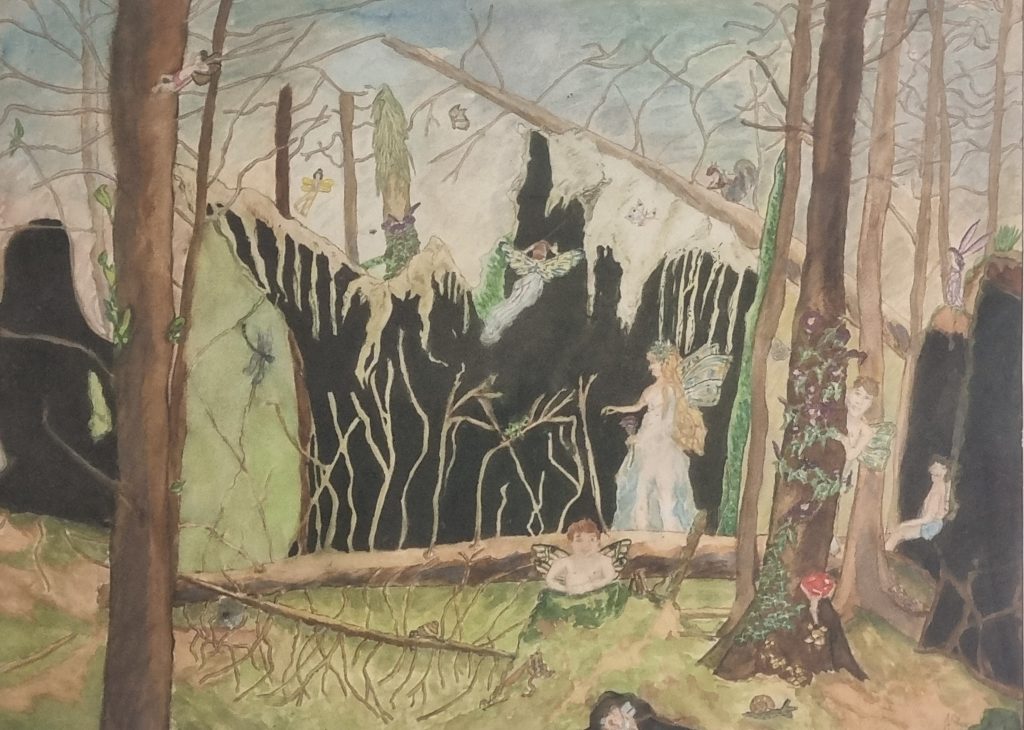
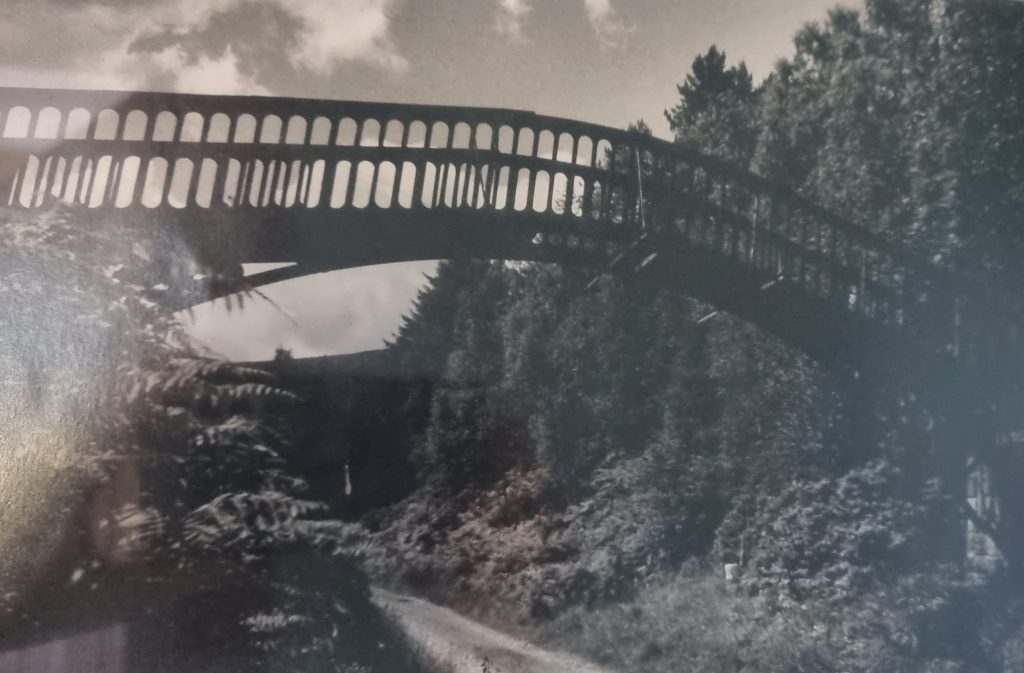
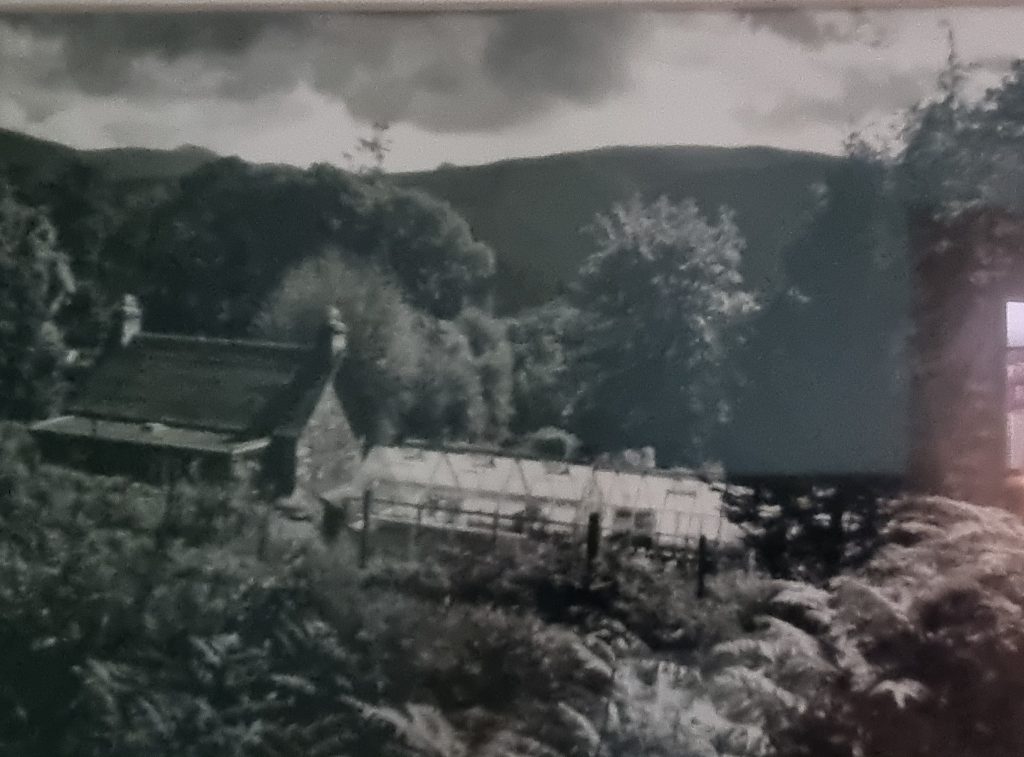
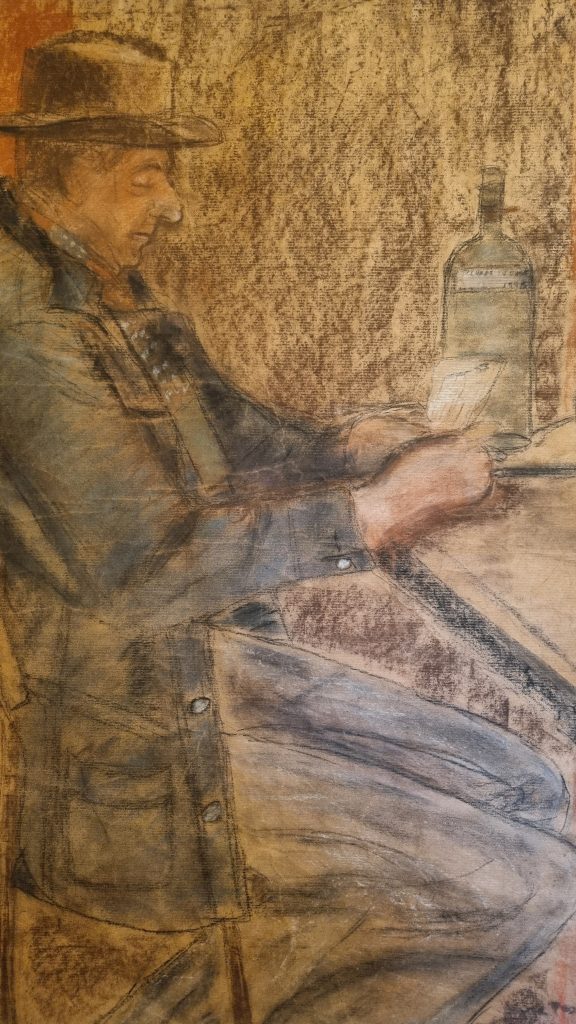
“Pastels on brown paper. My interpretation of The Poker Player by Paul Gauguin. The first piece I did when I started at Dundee college in 1996.
With painting, I always wanted to learn but father wouldn’t allow it as ‘you can’t make a living with a paintbrush’. I went to college then uni as a mature student/single mum and learned.”
Bags and purses
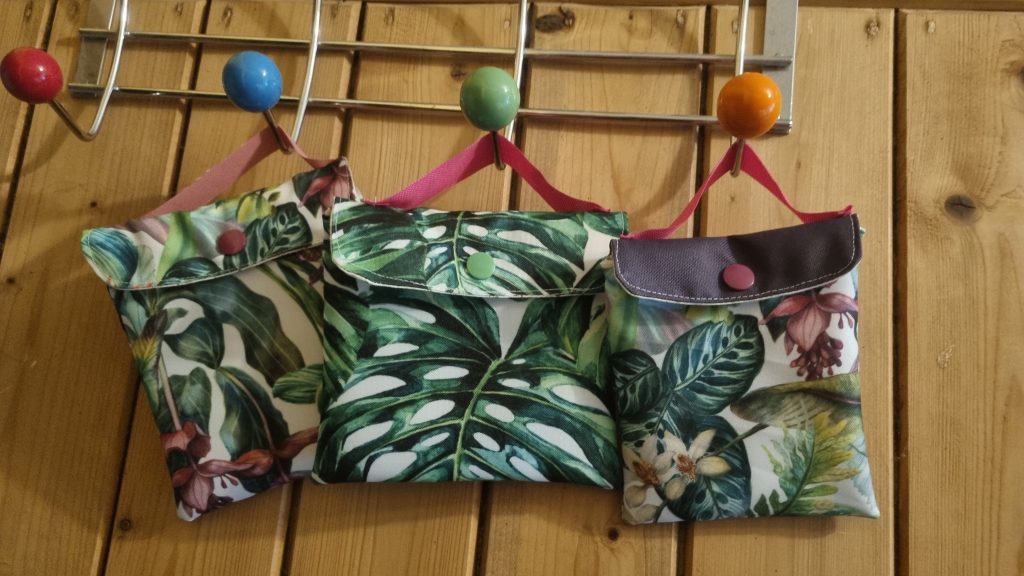
Joyce also makes gowns for angel babies. Angel babies are babies sadly lost due to miscarriage or as an infant.
“I was asked by a mum of two sets of premature twins if I could make clothes for the preemie babies at Ninewells hospital. She later asked if I could make the little gowns for angel babies. I consider it a great privilege to be able to do this and Future Pathways helped me to buy a new sewing machine for this. I’m now looking for other hospitals who may need the gowns. I lost a baby many years ago and never came to terms with it. However, through doing this, I have finally found peace.”
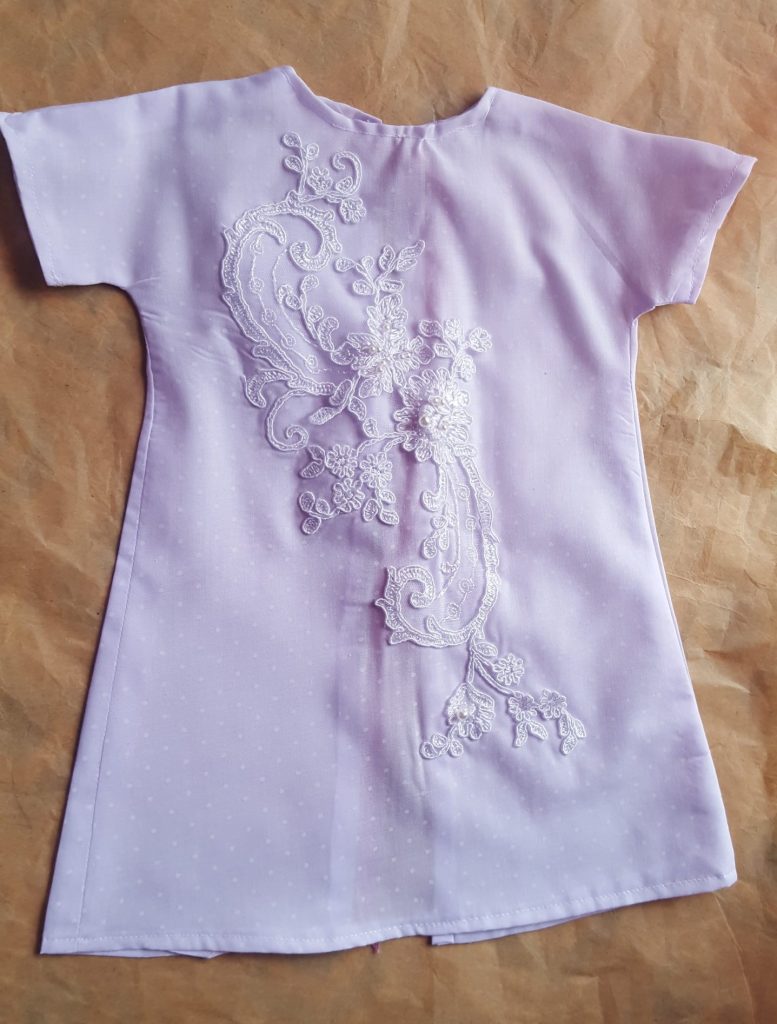
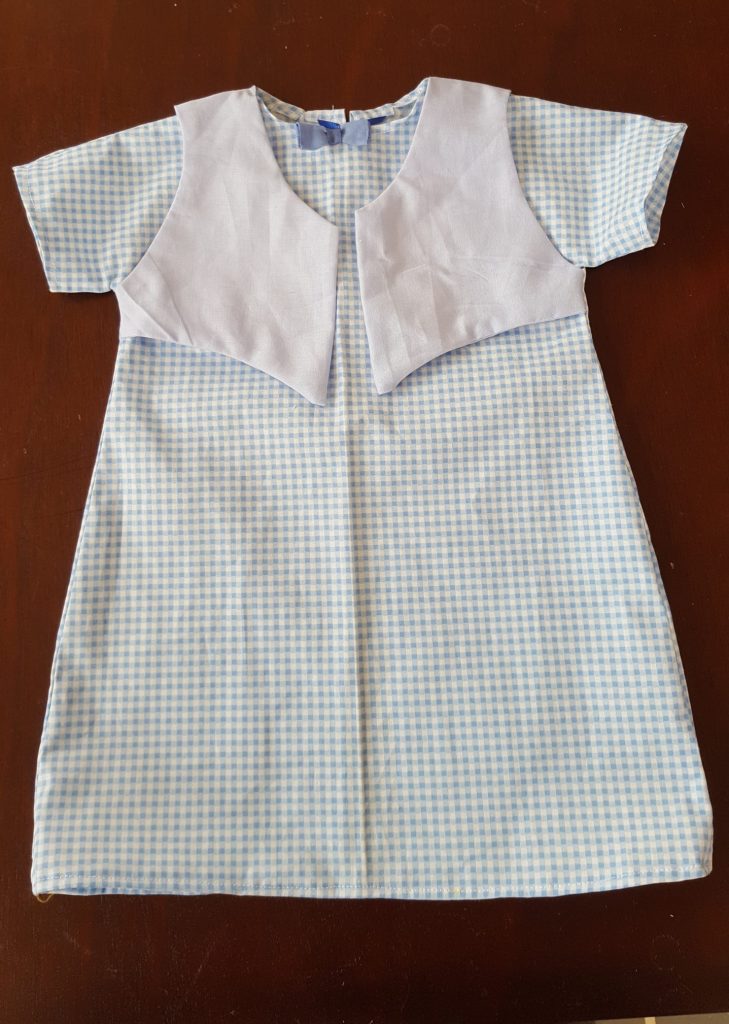
Spinning
“Spinning is my therapy. I have a few spinning wheels but the Ashford Traveller is my favourite. I spin anything from recycled plastic bottles to nettles to rose stem fibre but have a passion for rare, exotic fibres.”
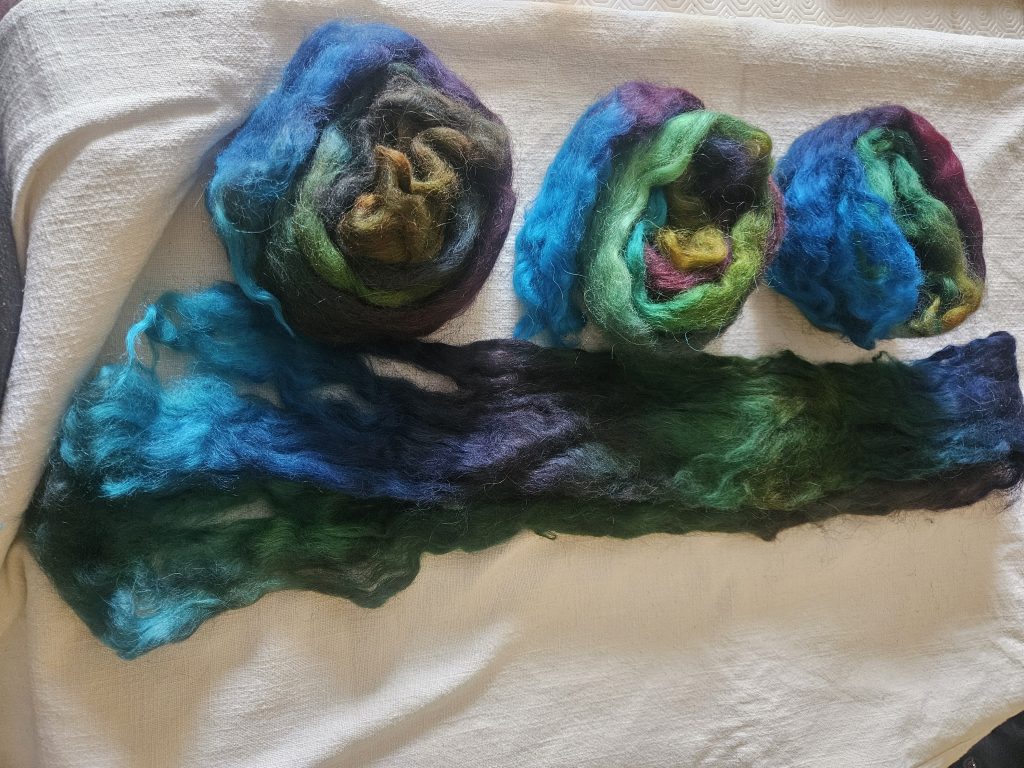
Above: Norwegian fleece that Joyce has dyed herself
Above: yellow and blue is rambouillet mix (rambouillet is a type pf sheep), the brown fibre is qiviut (musk ox) which is a beautiful soft fibre, and vicuna is a very expensive fibre.
